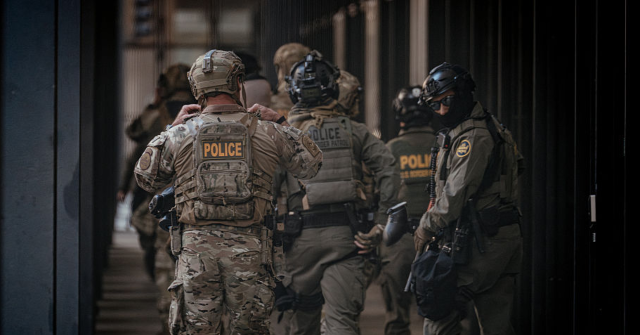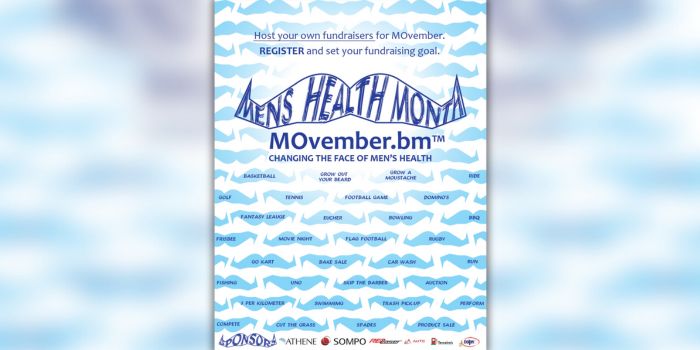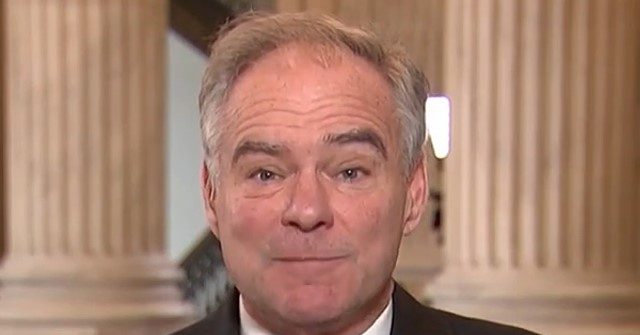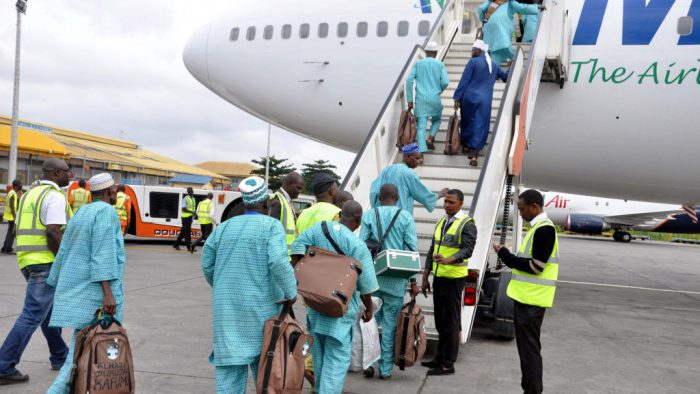Copyright breitbart

WASHINGTON — U.S. Customs and Border Patrol (CBP) is opening up hiring to an array of personnel, including those who left during the administration of President Joe Biden, to sustain the success of CBP under President Donald Trump, a top adviser tells Breitbart News. Breitbart News caught up with Senior Adviser Ron Vitiello, who formerly served as chief of border patrol and acting director of Immigration and Customs Enforcement, on Thursday in the nation’s capital. “There’s a lot going on” at CBP, Vitiello said. “The Reconciliation gives us an opportunity to hire a lot more frontline personnel, some office staff, as well as professional staff. But the story at the border is even better.” “I mean, the numbers are incredibly low,” he added. “As you’ve seen the President and others, the secretary in the press bragging on what the front line has done: zero releases into the U.S. of people who have crossed illegally, and just a real cohesive application within the interagency, something I’ve never really seen, where the State Department, Health and Human Services, ICE [Immigration and Customs Enforcement], ourselves, the Department of Justice, Department of War, everybody working together to succeed, to deliver on the President’s agenda, to secure the border and initiate the largest deportation effort ever. To do that, we need personnel.” With President Donald Trump’s One Big Beautiful Bill appropriating funding to hire thousands more CBP personnel, Vitiello emphasized the value in bringing back folks who already know the job, including those who were not “enamored” with the Biden policies which led to mass immigration at the border, as well as those who did not want to take a coronavirus vaccine as was mandated for government employees. “The Commissioner will tell you this as well, we consider ourselves a family, especially in the stations and in the locations in the front line where people work together,” he detailed. “They were part of the team. They went out and either pursued a different opportunity or left because they didn’t want to take the vaccination, or they weren’t really enamored with the situation that was occurring on the border in the last administration.” “And so now it’s an opportunity to bring them back into the fold. They’re well respected, they’re highly trained, and they get to hit the ground running, literally, when they come back,” he added. “And so we’re excited about that opportunity. I know several of them are excited as well. So it’s a good opportunity. I sort of resemble the notion now — I get to come back here, work in the executive suite, and pass on the information that I’ve acquired over 30-plus years helping lead the Border Patrol, helping lead this building in a short time at ICE as well.” When asked if agents and former officials are excited to work under Trump’s Department of Homeland Security versus Biden’s, Vitiello said, “Yes,” and noted the One Big Beautiful Bill gives CPB the “right tools to succeed.” “Agents want to be successful by controlling the border, by rescuing people who are being trafficked, by saving others who are in distress, and prosecuting bad guys. That’s the job. That’s why we hire them. So many more of them are applying than before, and we have a mandate under the bill to hire 3,000 net new Border Patrol agents, 5,000 net new Customs and Border Protection officers, the people that work the ports for us, and then Border Patrol was a little bit behind in their authorized number,” he said. “So it’s going to be more like, I guess, it’s closer to 5,000 from where we are right now. The pipeline looks good for incoming and people that are in the employment process, and morale is way up because they’re being successful.” “The bill is important because the president set out a vision for us to succeed, and we knew he was going to want that and our own initiative. And you give agents the right policy and the right tools to succeed, they’re going to succeed. But the bill also gives us resources in areas we haven’t seen investments in a long time, and simple things like computer networks, border sensors, roadway, lots of wall in the reconciliation, but also cars and trucks, new stations to work out of. So they’re giving them the tools to succeed and sustain, their presence on the border, so we’re very excited about it, and they know what that means,” he continued. Vitiello also chronicled the different phases that CBP has focused on since Trump returned to office, the first being the apprehension of those who became subject to removal under Trump’s day-one executive orders that reversed catch-and-release and other policies of the previous administration. The end of catch-and-release has notably led to six consecutive months, from May to October, during which zero migrants apprehended at the southwest border have been released into the United States interior. “No releases from CBP at the border. So, yeah, it’s been amazing. It’s come in phases. The first phase of January 21, in the initial weeks, was: How do we get the people that are in custody that are subject to removal under the new authorities and the catch-and-release executive orders, how do we move those people back home, repatriate them? And so we spent a lot of time with the State Department, and ICE, and ICE air, trying to find out, where is everybody now, where do they need to go, and how we’re going to make that happen,” he detailed. “The State Department arranging with our foreign partners, ‘You’re going to take these flights, and this is when they’re going to start.’ And then the Department of War, Defense at the time, providing the logistics and the aircraft to get people back home, and that was a real example.” Repatriating illegal aliens serves a dual purpose in both securing the border and sending a message that the “nonsense” of the Biden administration’s catch-and-release policies is over, Vitiello explained. “We flew planes all over the world to repatriate illegal aliens that were in custody that couldn’t be released into the U.S. because we’re trying to secure the border, and send a message, the opposite message that was previous, ‘You come now because they’ll probably let you go.’ That wasn’t the case, right? Starting on the 20th of January, that nonsense ended, and so getting all those people back home — that was kind of phase one,” Vitiello detailed. “Phase Two was sustaining the gains we made and taking advantage of the interagency capabilities. There are 10,000 Department of War soldiers in service side by side with Border Patrol,” he added. “The military has established bases right along the border so that they can be present alongside us. It enhances the charges when someone crosses the border illegally in those locations; they’re also entering a military area without permission, that’s a felony. And so the Department of Justice has been straight up partners as well because the prosecution rates are through the roof in comparison to where they were before. So first-time entrants are almost all getting, or pleading guilty, convicted of illegal entry. That was something that, you know, you could never even imagine. I couldn’t imagine when I was a young agent.” Vitiello emphasized that adding personnel to CBP will be “huge” in sustaining the progress seen since Trump returned to office while adding more “capability.” “It’s huge because the job is very different now than it was maybe 11 months ago, and so being able to sustain what we’re doing and then teach the new skills required to continue doing what we’re doing. And so, yeah, it’s going to be great. It’s going to add capability. And it isn’t just going to be boots, because success on the border requires personnel, infrastructure, and technology. If you have all of those three in the right mix, you’re going to succeed over time,” he said. “And then the policies are important, you know, what happens post-arrest, those kinds of things are important as well, but you give them the right tools, they’re going to succeed.”



